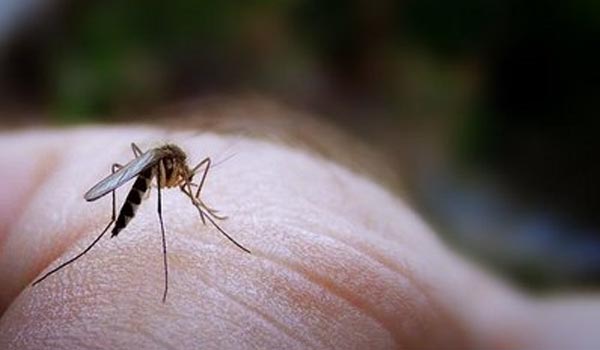Sypmtoms
Many people, especially children and teens, may experience no signs or symptoms during a mild case of dengue fever. When symptoms do occur, they usually begin four to 10 days after the person is bitten by an infected mosquito. Signs and symptoms of dengue fever most commonly include:
- Fever, up to 106 F (41 C)
- Headaches
- Muscle, bone and joint pain
- Pain behind your eyes
You might also experience:
- Widespread rash
- Nausea and vomiting
- Minor bleeding from your gums or nose
Most people recover within a week or so. In some cases, however, symptoms worsen and can become life-threatening. Blood vessels often become damaged and leaky, and the number of clot-forming cells in your bloodstream falls. This can cause:
- Bleeding from the nose and mouth
- Severe abdominal pain
- Persistent vomiting
- Bleeding under the skin, which may look like bruising
- Problems with your lungs, liver and heart
When to see a doctor
If you’ve recently visited a region in which dengue fever is known to occur and you suddenly develop a fever, see your doctor.
Causes
Dengue fever is caused by any one of four dengue viruses spread by mosquitoes that thrive in and near human lodgings. When a mosquito bites a person infected with a dengue virus, the virus enters the mosquito. When the infected mosquito then bites another person, the virus enters that person’s bloodstream.
After you’ve recovered from dengue fever, you have immunity to the virus that infected you — but not to the other three dengue fever viruses. The risk of developing severe dengue fever, also known as dengue hemorrhagic fever, actually increases if you’re infected a second, third or fourth time.
Risk Factors
Factors that put you at greater risk of developing dengue fever or a more severe form of the disease include:
- Living or traveling in tropical areas. Being in tropical and subtropical areas around the world — especially in high-risk areas, such as Southeast Asia, Latin America and the Caribbean — increases your risk of exposure to the virus that causes dengue fever.
- Prior infection with a dengue fever virus. Previous infection with a dengue fever virus increases your risk of having severe symptoms if you’re infected a second time. This is especially true for children.













